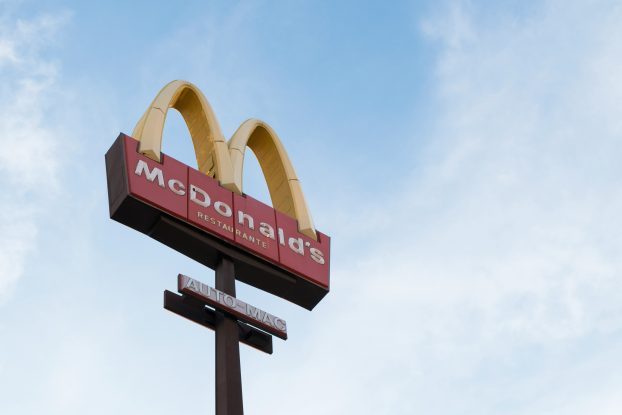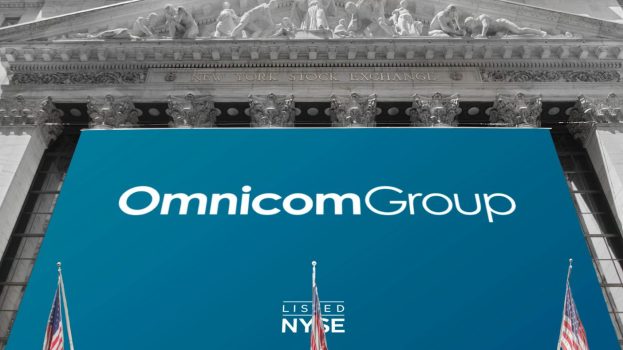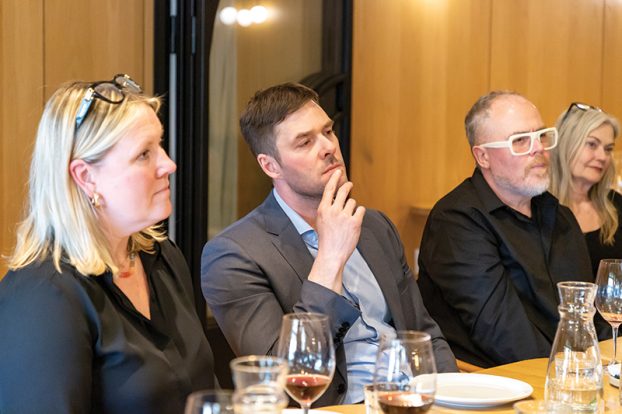When racing for gold, any athlete knows the advantage of getting out of the blocks first. It’s no different for marketers looking to gain valuable positioning within the most powerful sports brand in the universe – the Olympic Games. And with the news earlier this month that Vancouver will host the 2010 Winter Olympics and Paralympics, brand strategists are already looking at ways to climb the marketing podium.
Coca-Cola, for instance, began selling commemorative cans in Vancouver supermarkets on July 7. The red Coca-Cola Classic can sports a maple leaf and the message ‘Congratulations Vancouver.’
‘It’s all about creating the emotional connection between Coca-Cola, the Olympics and the tradition of shared moments,’ says Jenny Dickson, acting marketing director in the coastal region. ‘We want to celebrate Vancouver’s passion for the Olympics and the success of the bid.’
Coca-Cola, one of 10 ‘worldwide sponsors’ like McDonald’s and Kodak, has had an exclusive promotional relationship with the Olympic movement for 70 years. The limited-edition congratulatory six-pack of Coke should last about two weeks in Vancouver-area stores and, while no real spike in sales is expected because of the promotion, the objective is to build the brand and affiliation, says Dickson.
‘There is a lot of [Olympics] clutter out there,’ she says, ‘and a lot of sponsors congratulating Vancouver. The commemorative can is unique.’
In the lead up to the July 2 announcement in Prague and since, Canadian newspapers have enjoyed a boon in advertising revenue with groups like the Canadian Olympic Committee, Visa, RBC Financial Group, Bell Canada, General Motors Canada, CIBC, CBC and others investing in congratulatory ads. Official sponsors of the decision day party at GM Place, where 18,000 convened to celebrate the win, included Telus, RBC Financial and BC Lotteries.
‘The Olympic Games is the biggest marketing platform this country has seen,’ says Jacquie Ryan, senior manager of sponsorship marketing for RBC Financial, an Olympic sponsor since 1947. ‘But we need to ensure that it is more than just a marketing exercise.’
RBC, she says, was active in Vancouver’s bid as a community contributor sponsor. Two programs were geared to building support throughout B.C. for the 2010 Games. The first included a tour of 44 provincial communities in 60 days for B.C. Olympians like relay sprinter Robert Esmie, curlers Georgina Wheatcroft and Julie Skinner, paralympic skier Daniel Wesley and kayaker Margaret Langford who talked about goal setting, teamwork and excellence; the second featured an interactive RBC Olympic Fanfare pavilion, which traveled to B.C. events like the World Ski & Snowboard Festival in Whistler to introduce winter sports to B.C. families.
The Vancouver bid took five years of planning and lobbying before it beat out candidate cities Salzburg, Austria and Pyeongchang, South Korea for the honor to host the 2010 Games. For marketers, it will be another year before they can sew up exclusive relationships with the Vancouver event. The 2010 Bid Corp. is wrapping up and, in about six months, a Vancouver Organizing Committee for the Olympic Games (OCOG) will be struck to put the 2010 Games together, including the marketing plan that should be active by the second quarter of 2004.
‘The [International Olympic Committee] strongly believes in category exclusivity and giving value to sponsor partners,’ says Nick Marrone, executive director of marketing and communications at the Canadian Olympic Association. ‘When companies participate in the Olympics, they are affiliating with key brand values like passion, excellence and pride in Canada. On a more global level: peace and harmony. When a company puts its mark beside ours, it has a good idea of our brand strength. It sends a message that it is a global player.’
Vancouver’s Bid Book (www.winter2010.com) outlines some of the broad strokes of the marketing plan. For instance, guarantees for advertising space on billboards, transit and at airports and venues have already been secured for Games sponsors. National sponsorship programs have been split into three groups with Tier I sponsors like airlines, breweries, telecom services and automotive companies paying $20 million each and generating total cash and in-kind revenue of $160 million.
Tier II and III sponsors, ranging from clothing companies and cruise lines to consulting companies and wine makers, are expected to generate $133 million in cash and in-kind income. Ticket sales are projected to be $141 million and merchandise licensing, another $23 million.
Marrone says that by gaining access to athletes and the Olympic brand, sponsors build their businesses, differentiate their own brands and win points with key stakeholders like employees and shareholders. And for marketing newcomers to the Olympic opportunity, he recommends taking the time to understand what Olympic marketing means – even dabbling in a little Olympic promotion now with Canadian athletes getting ready for Athens in 2004, Torino in 2006 and Beijing in 2008.
Below, three strategists discuss ways to go for marketing gold with the 2010 Winter Olympics.
Loring Phinney, SVP
Optimum Public Relations & Fusion Alliance Marketing, Vancouver
While marketers might be caught up in the emotion of Vancouver’s Olympic win, they don’t want to peak too early in their marketing strategies. It’s significant money just for the rights. They need to take the time to assess the business case.
For instance, some sponsorships may offer financial returns like a telecommunications sponsor negotiating the right to supply telecom service at Olympic venues. Marketers need to understand how the Olympics involvement affects stakeholders like shareholders and employees. If you buy the Canadian rights package, you’re buying the whole country. How do you maximize that? And then there is the cost of leveraging the rights package, [which could be] anywhere from 1:1 ratio to 3:1 ratio [where you spend one to three times the value of the original sponsorship to maximize exposure], depending on the promotional strategy.
PR will leverage your sponsorship and get you face to face with people.
Direct mail lets you put out an offer related to the Olympics. You can do a hospitality program and creative execution of an Olympic advertising campaign. Petro-Canada, for example, owned the Torch Relay in 1988. You need to be the top-most recognized brand after the Games.
Eric Petersen, director
twentyten communications, Vancouver
(Twentyten is a division of Vancouver strategic marketing group Irving and Co. created to help marketers leverage the ‘Olympic opportunity.’)
There will be tons of opportunities in Vancouver and B.C. for companies that cannot afford ‘official’ involvement in the Games, but want to be affiliated with the Olympic movement. They have to be opportunistic and plan right now.
They have to define their objectives – like entertaining their best clients or building brand awareness – and they have to be creative. Remember, the official organizers have booked the media in advance, so other advertisers have to look for other ways to reach audiences.
For example, Nike wasn’t an official sponsor at Salt Lake City, but had its logo on hockey jerseys. Other advertisers will have to take on more guerrilla tactics, be really creative or pull off some kind of stunt.
The major Olympic venues will be ready a couple of years before the actual event so there are opportunities in the lead-up. Companies can get into the Olympic spirit by hosting Olympic-themed events or organizing hospitality programs. Entertainment programs mean getting sales staff and clients to Olympic events. There will be some indoor and outdoor advertising opportunities. Be clever. Get out before the Games.
Alvin Wasserman, partner
Wasserman & Partners Advertising, Vancouver
There are two arcs to consider: The pre- and post-Olympics periods. How can you take advantage of the latent power of 2010 before the Games and how can you position products and services after? There is a lot of unexploited equity out there for companies that want to promote themselves with the Olympics. The coastal culture that Whistler represents is wild and big-spirited and could refresh products. Vancouver is a great burger but Whistler is the secret sauce. In fact, Whistler is potentially the mega-market with a lot to draw from promotionally through the geography and culture. There is a hipness there, a momentum.
How can you take advantage of that hum and how can you bring out that essence in a brand? In other ways, underexposed former Olympians like [hockey star] Hailey Wickenheiser could be used to promote products and services, do product demos, launch products. The wine industry, for one, could be promoting products with ‘Uncork in 2010.’
With the improved Sea to Sky Highway between Vancouver and Whistler, there will be more opportunities for joint initiatives. This is a great opportunity for regional brands that need rejuicing and national brands that have ignored regional initiatives. You can’t be lazy. This is a call to the imagination and to be inspired by the Olympics.























